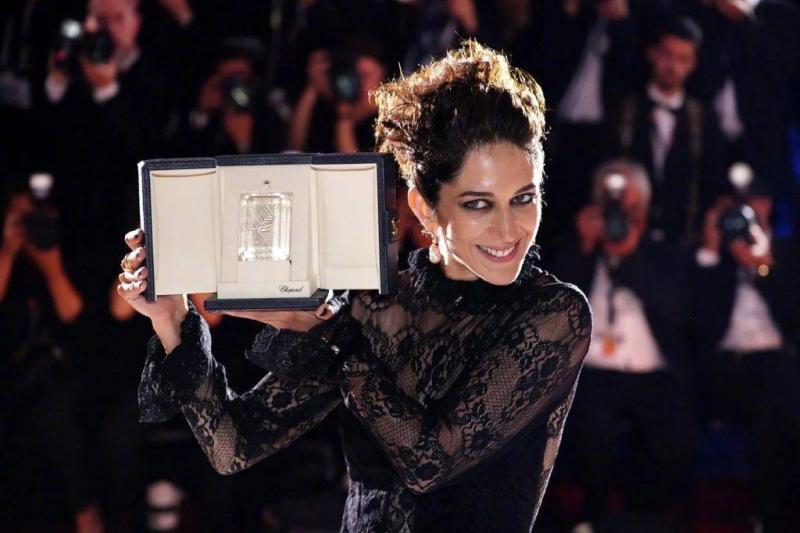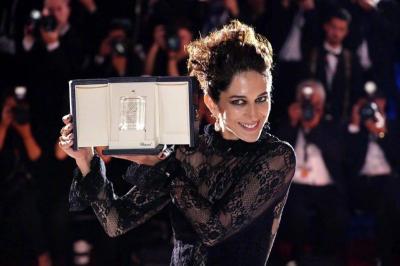Iranian actress and director Zahra Amir Ebrahimi affirmed that cinema, for her, is "the best way to convey the voice of suffering and injustice, more than any other art." In an interview with Reuters on the sidelines of the 20th Marrakech International Film Festival, she stated, "Cinema is the art that most deeply expresses what we live through; perhaps I can also express myself through visual arts, but cinema is closer to people, their culture, and their thinking."
Zahra won the Best Actress award at the Cannes Film Festival in 2022 for the film "Holy Spider," directed by Ali Abbasi, which tells the true story of a man who killed several women in Mashhad, Iran, in the 1970s, believing that eradicating them was a sacred mission to purify the city from immoral women.
In 2008, Zahra left Iran for France, forced to do so due to a sexual scandal that led to an investigation and the cancellation of all her artistic work. She recalls, "I did not want to leave Iran; I was forced to do so." She added, "At one moment, I thought I might lose my life defending my positions in my country or rather a regime that does not understand me."
She described her recognition at the prestigious French festival as "a restoration for me and a message that changed many things in my artistic journey, bringing me closer to the Iranian people despite efforts from others to silence my voice." She stated that she has made her suffering a focal point for contribution and art, saying, "If I am suffering, it should not be for nothing; I must create something from this suffering."
Zahra was chosen as a member of the jury for the official competition films at the Marrakech International Film Festival, which began on November 24 and will continue until December 2. Regarding her entry into film production, she said that she often questions herself, "Can I use my voice to talk about taboo subjects?" before answering, "Why not?"
She mentioned that when she reads a role and finds "ideas or characters that interest me, I try to find common points in that character with my true self, which often happens. Sometimes I suggest to the director to change or add something; sometimes they accept, and sometimes they change nothing, and this feeds into the interaction in cinema that I love."
She concluded by saying that she considers herself lucky to be a screenwriter, actress, director, and recently a producer, adding, "I do not miss this opportunity to convey the voices of others through my work. For me, this is a form of resistance, even though I do not think of cinema as a gateway to struggle." She said, "But since it is an art that reaches a wide audience, why not convey the suppressed voices?"




